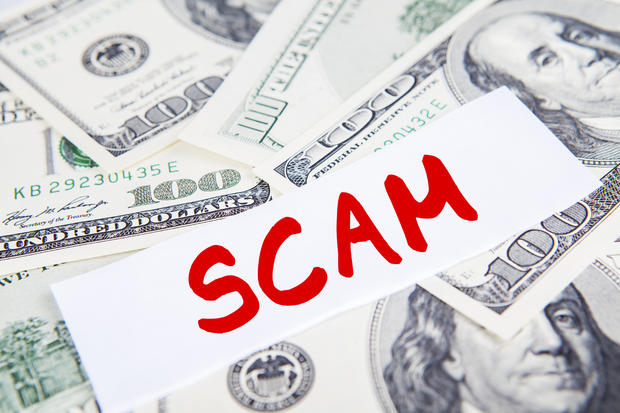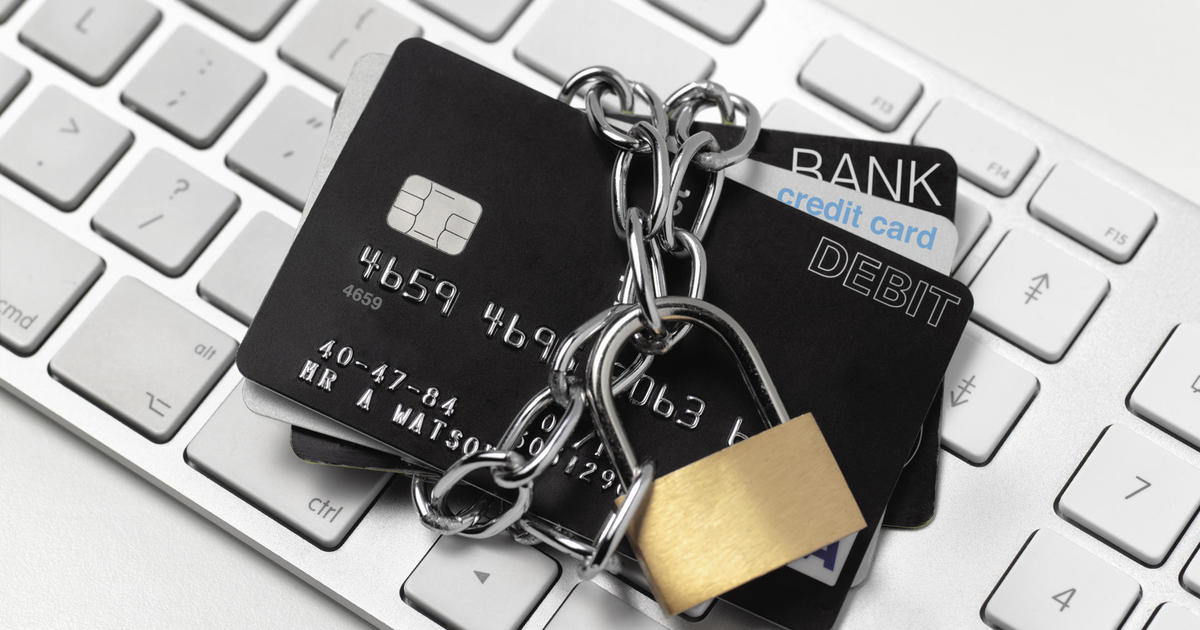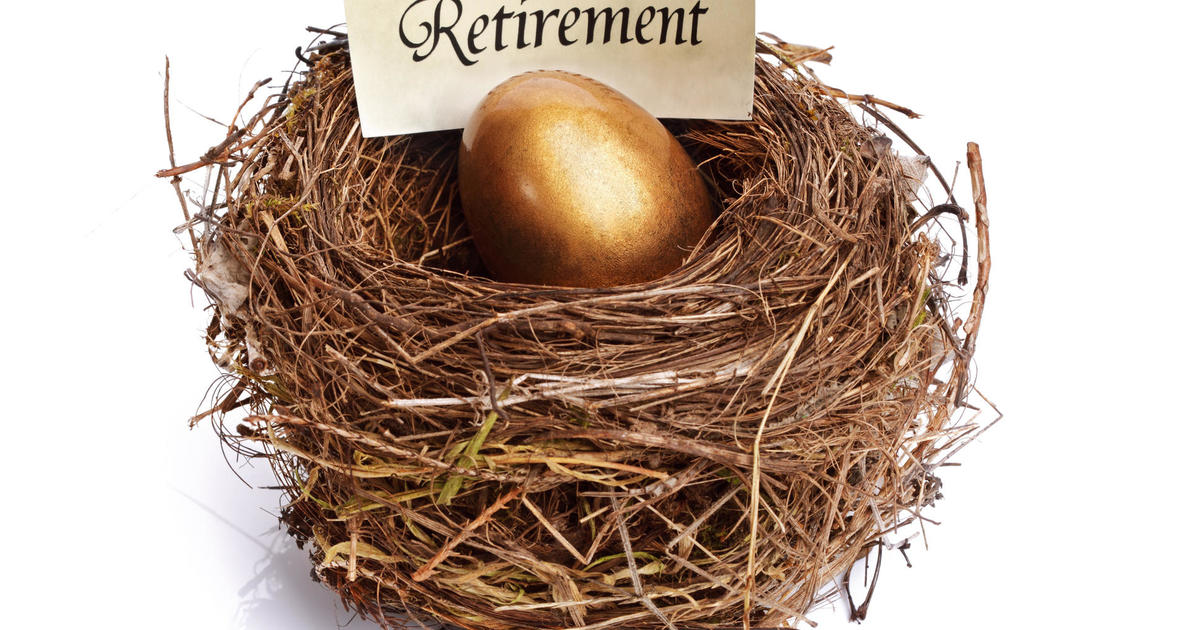Don't get financially shocked by a utility scam
Con artists are using consumers’ comfort with their local power companies as a way to get access to their wallets. These utility scams soared 109 percent last year, according to Hiya, a phone spam protection company.
Pretending to represent General Electric (GE), Duke Energy (DUK) and other power providers, scammers made millions of calls in 2016, said Hiya, which reviewed 3.5 billion calls made to iPhones and Android devices.
“Scammers are constantly looking for new ways to defraud consumers,” said Jan Volzke, vice president at Hiya. “While many consumers now know to be wary of calls claiming to be from the IRS or offering a free cruise, the latest threat comes disguised in the form of the utility companies that we trust to provide our basic services, like gas and electricity.”
She said utility scams come in three distinct varieties:
- An offer to cut your utility bill. Scammers say they may have a plan that could lower your electric bill, but they need your account and/or billing information to “review” your account.
- A warning that your payment is seriously overdue. Threatening that your electricity is about to be shut off unless you make an immediate payment, consumers may be directed to send a MoneyGram, use a prepaid card or call a toll-free number to avoid a service interruption. The phony call center is aimed at collecting consumers’ private account information.
- A promise of federal assistance. The call will usually say you’re eligible for a reduced rate due to a federal program. You just need to “verify” your account information.
In every case, the call aims to convince consumers to give the con artist untraceable cash, such as a prepaid debit card, or access to their account information, which could lead to identity theft, Hiya officials said.
Watch out for messages that urge you to act fast -- “this is an urgent public service announcement regarding your electric bill” -- Volzke added. Con artists need to fabricate a sense of urgency so victims won’t have time to think clearly or verify their claims.
Notably, consumers are particularly vulnerable in 10 area codes, where the scammers have managed to spoof the numbers of the local utility. Those area codes/communities, according to Hiya:
1. 508 - Massachusetts (south-central and southeast)
2. 201 - Hudson County, New Jersey
3. 914 - Westchester County, New York
4. 323 - Los Angeles
5. 330 - Akron, Ohio
6. 510 - Oakland, California
7. 916 - Sacramento, California
8. 717 - Harrisburg, Pennsylvania
9. 857 - Boston
10. 440 - Cleveland
The best advice: Hang up.
If you think your bill really might be overdue or that you might qualify for a federal program or a discount, call your utility provider independently at the consumer help number listed on its website or your bill. Also know that real utility companies -- and real businesses in general -- never require you to pay with a prepaid debit card.





